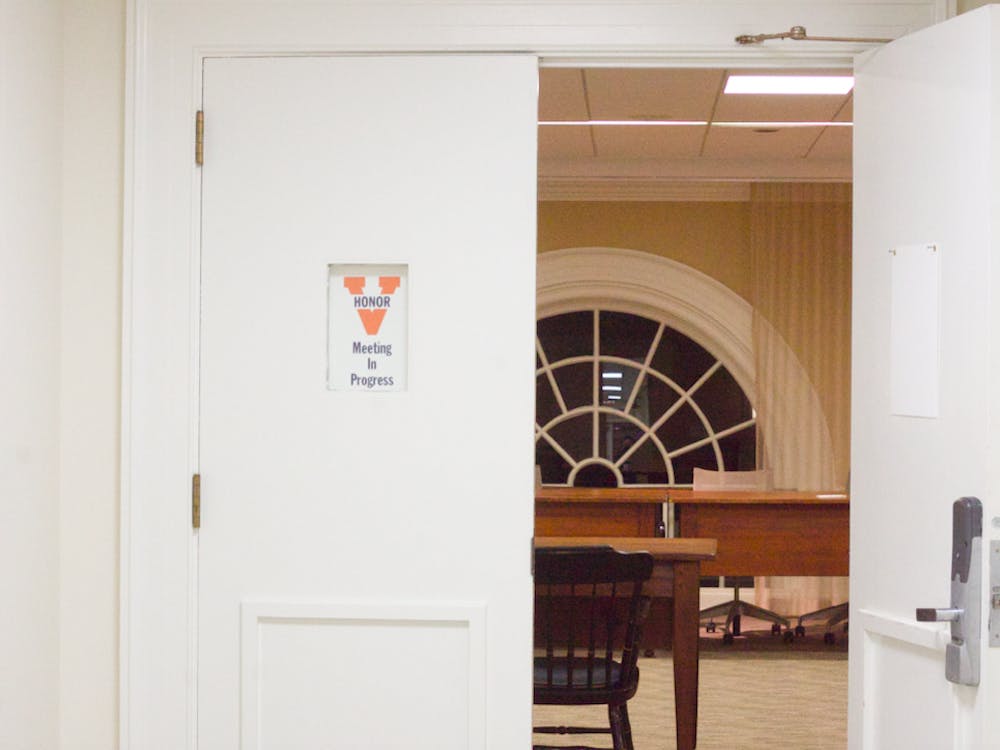While global quality of life appears to progress over time, the human race remains in a state of paradox, continuously expanding the limits of its intellectual capacity through technology and systems of belief, yet never coming closer to answering the questions at the base of its collective consciousness. We utilize belief systems to rationalize these questions (such as the purpose of our existence), but our beliefs — at the most fundamental level of understanding — deliver little other than comfort in a universe of mystery and chaos. And although academics have taken great strides in disproving the capacity of religion to explain humanity’s place in the universe, they often fail to recognize that the same arguments can be applied to the doctrine of scientific consensus, which I contend is as irrational as the belief in God itself.
Members of the school of New Atheism present a clear line of thinking in proving the irrationality of humanity’s belief systems. For example, Richard Dawkins, perhaps the most notable of the school’s members, contests the notion of an “intelligent designer” of the universe is “self-defeating;” in other words, the idea of “God” can provide an explanation for all existing complexity and mystery in the universe, yet it cannot provide an explanation of its own improbable complexity. Dawkins also argues that while religion is illogical, its influence remains because there is “a selective advantage to child brains that possess the rule of thumb to believe, without question, whatever familiar adults tell them.” While one can certainly challenge Dawkins’ contentions, the basis of his argument is clear and convincing: religion is a flawed, irrational belief system that does not comply with contemporary perceptions of reality and only exists due to the evolutionary advantage of “belief” itself.
Scientific consensus and contemporary thought guide our perception that certain tenets of religion are indeed irrational. A human being cannot possibly live for 700-plus years. Jesus was likely a religious icon in the right place at the right time and not a supernatural human being. We can reject with certainty the supposed “miracles” in the Bible’s stories using biology, chemistry and physics. But is our understanding, our science, really as definite and coherent as we consider it to be?
Just like the Bible’s authors, scientists must cover the boundaries of their thinking with apparently “magical” ideas of their own (i.e., the Planck length or the theory of a multiverse). The scientific method implies boundaries of thought must be rationalized by abstract theories; even if scientists reach a consensus that extends beyond modern boundaries of thought, their “answers” lead to a necessity for conclusions even greater in scope, which necessarily converge on the incomprehensible. One can argue, then, that religion and science not only propose similar questions, but also provide similar, “self-defeating” answers to humanity’s most basic questions. The consensus surrounding these ideologies in their respective epochs reveals humanity’s irreversible flaw: we cannot define ourselves in any sort of manner external to our perceptions.
It makes sense, though, that the brain cannot step outside of itself and understand its true meaning. We are collectively bound — intellectually speaking — by a set of universal, perceptional biases, which can never be surpassed and which prevent us from achieving any real conception of “truth.” Science and religion certainly represent concrete examples of the brain testing its limits, and — if our species’ brief history provides any guidance — new belief systems will likely replace or reform these institutions in the distant future with identical purposes and equally unsatisfying outcomes. These systems may be eternally flawed, but they are a necessary conduit for human motivation and rationale; the social order is based on these universal “truths,” and it restrains humans from continuously obsessing over their nihilistic tendencies.
Yet, I believe it is important to recognize that neither science or religion should be labelled as “true.” History demonstrates that humans constantly clash over the pretension that one particular belief is “better” than another, from Jesus’ death on the cross to the specter of terrorism that currently looms over the entire world. Perhaps a more peaceful world is one where humans do not agree on a particular belief, but achieve consensus on the limits of their own cognition; perhaps it is valuable to recognize that as hard as we may try, we are incapable of conceiving a flawless, objective definition of reality, and thus the only quality that makes us equal is our endless search for truth.
Indeed, we have no possible way of knowing what purpose our lives — either collectively or independently — are intended to serve, other than through the lens of our biased, often-irrational goals. The only ideas we can truly understand are the emotions we feel in our tiny, insignificant contexts — the sensory experience of each moment, the intoxicating scent of the future and the past. Our beliefs provide a context that allows us to derive meaning from these emotions, whether we believe God crafted this beauty for us, or we’re simply in the right place at the right time.
Ryan Gorman is an Opinion columnist for The Cavalier Daily. He can be reached at r.gorman@cavalierdaily.com.





